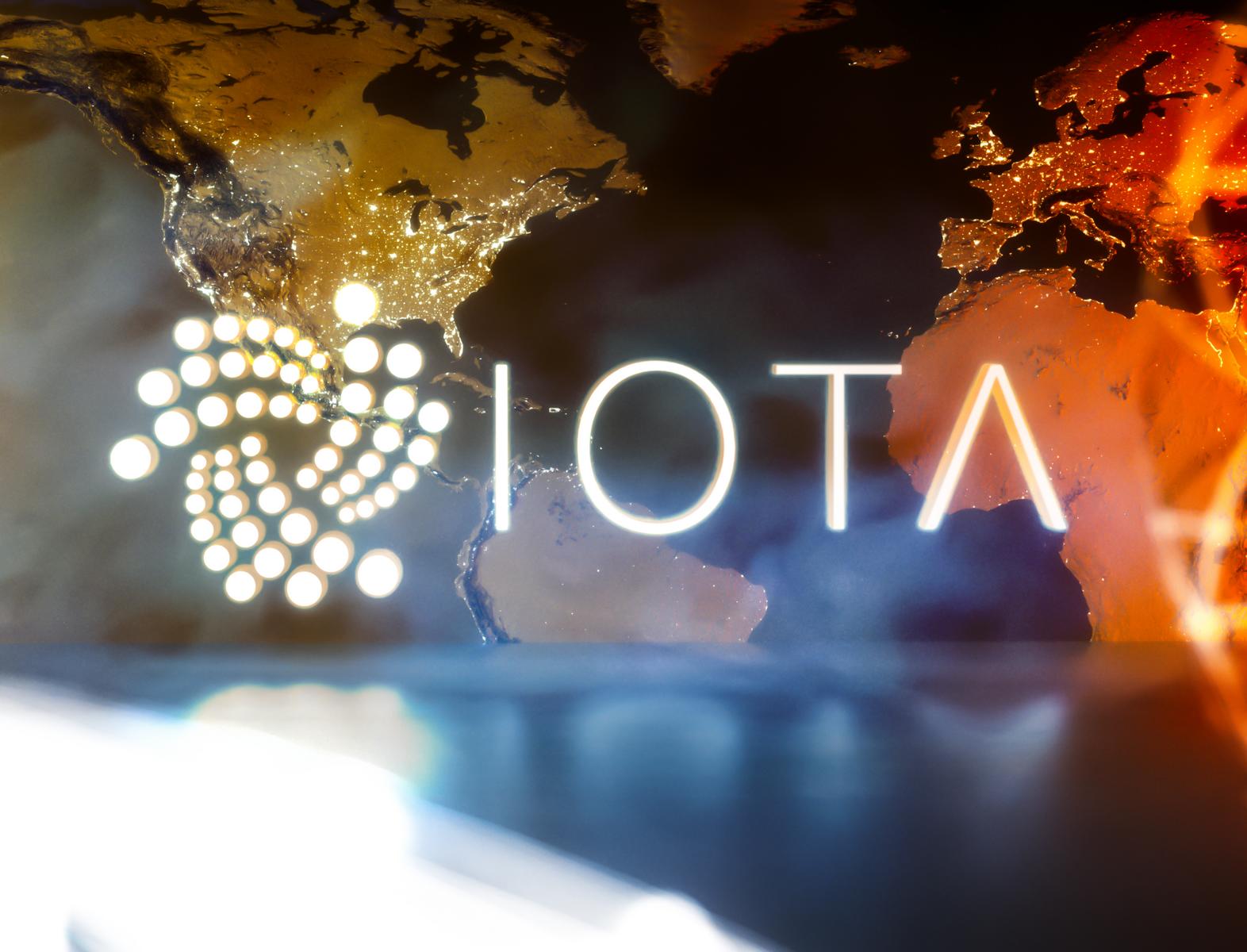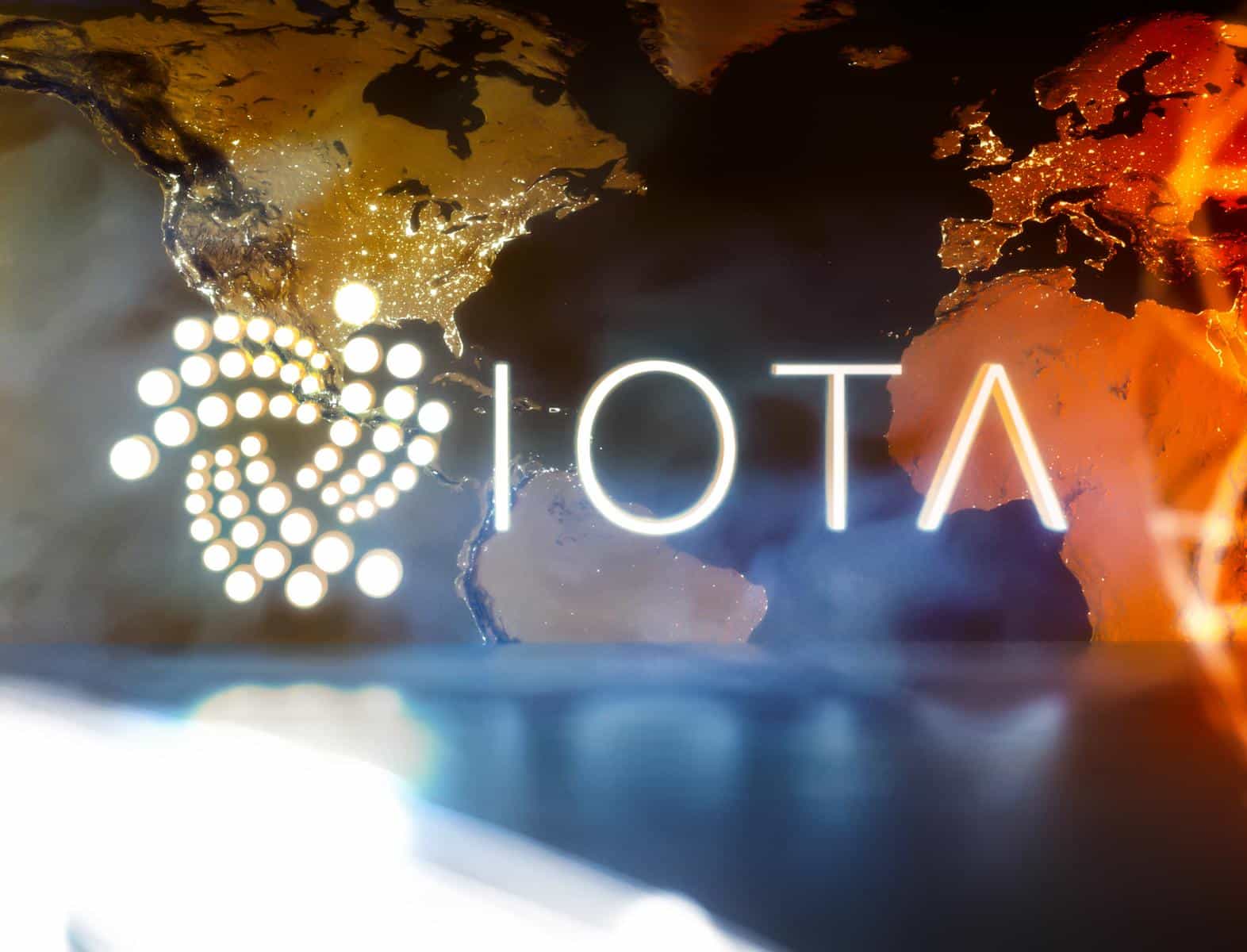
- As IOTA 2.0 emerges, speculation grows regarding the fate of Shimmer’s token (SMR) and its relationship with the new IOTA token.
- The symbiotic partnership between IOTA and Shimmer faces regulatory hurdles but holds promise in shaping the future of value exchange and M2M interaction.
In the realm of feeless transactions and machine-to-machine (M2M) economies, IOTA and Shimmer are the two projects that stand out, both harnessing the innovative Tangle technology, a Directed Acyclic Graph (DAG) structure. However, with the recent introduction of IOTA 2.0, questions arise about the relationship between these projects and the roles their tokens play in this evolving landscape.
Established in 2017, IOTA aimed to transform the Internet of Things (IoT) landscape with its feeless and scalable Tangle technology. Its transaction model eliminates fees, making it ideal for M2M economies where numerous devices engage in data or value exchanges. The IOTA token (IOTA) powers this network, facilitating value and data transfers while also serving as a security mechanism.
Debuting in 2022, Shimmer emerged as an experimental platform for the IOTA ecosystem. This agile environment serves as a testing platform for new features and technologies destined for integration into the IOTA mainnet. The native token of Shimmer, SMR, operates similarly to IOTA within the Shimmer network. However, it features a smaller supply and employs a distinct distribution mechanism.
IOTA 2.0 Unveiling Sparks Speculation on Shimmer’s Fate
Since its release in October 2023, IOTA 2.0 has been generating significant buzz in the crypto community. With its innovative Coordicide protocol, which eliminates the central Coordinator node, IOTA 2.0 promises to revolutionize decentralization. However, its implications for Shimmer and its native token, SMR, remain a topic of intrigue.
While Shimmer and IOTA operate as distinct networks, they share a symbiotic partnership. Features successfully trialed on Shimmer often pave the way for integration into IOTA 2.0, enhancing both ecosystems. Yet, the introduction of a separate token by IOTA 2.0 introduces complexities. Questions loom over potential token migration, interoperability challenges, and the relationship between SMR and the new IOTA token.
Both projects face hurdles, including regulatory ambiguities surrounding feeless transactions and the imperative for wider adoption. Navigating the transition to IOTA 2.0 demands strategic planning and community involvement.
Nevertheless, the potential rewards are substantial. As the demand for seamless microtransactions, especially in machine-to-machine (M2M) scenarios, continues to grow, IOTA and Shimmer find themselves well-positioned. Their steadfast commitment to feeless transactions, combined with the innovations of IOTA 2.0, underscores their significance in shaping the future of value exchange and M2M interaction





















